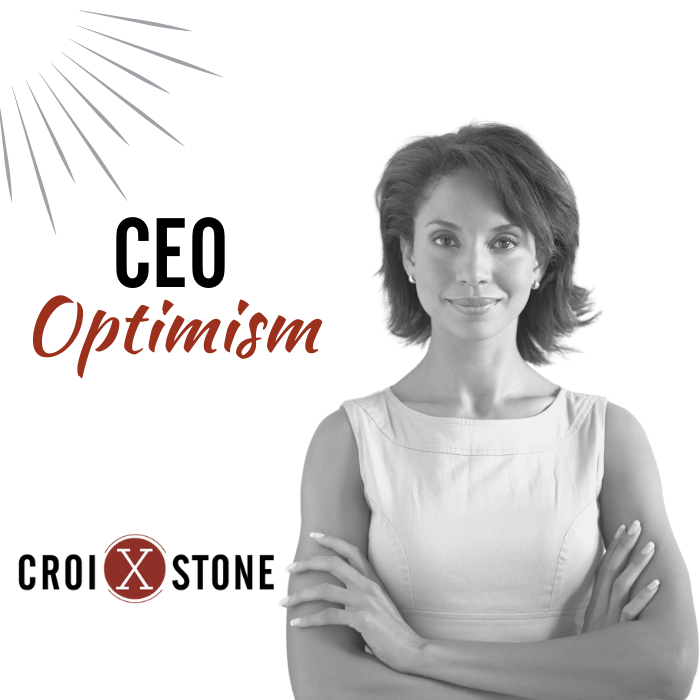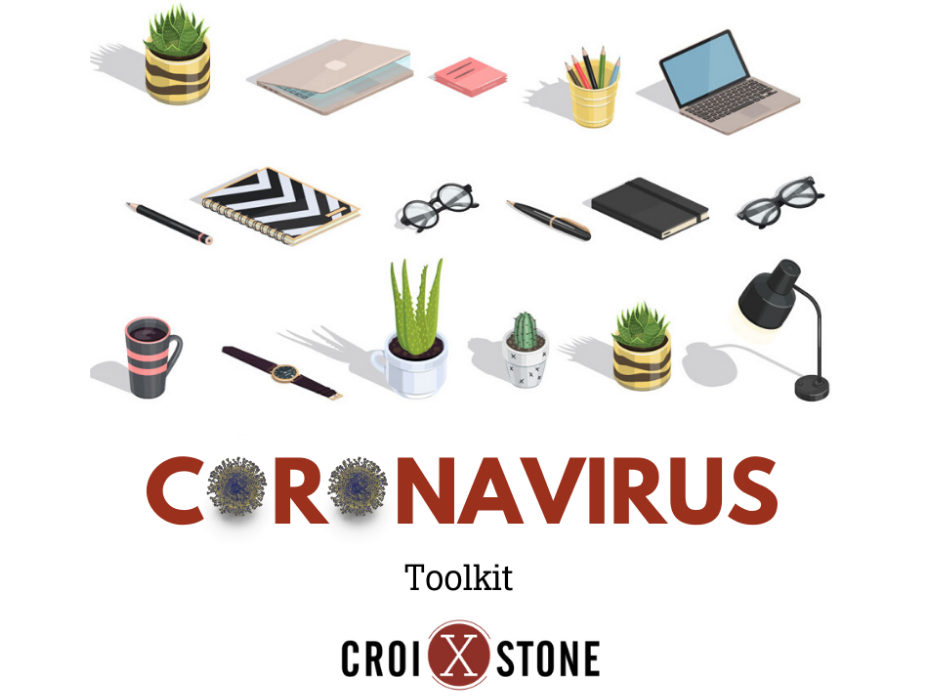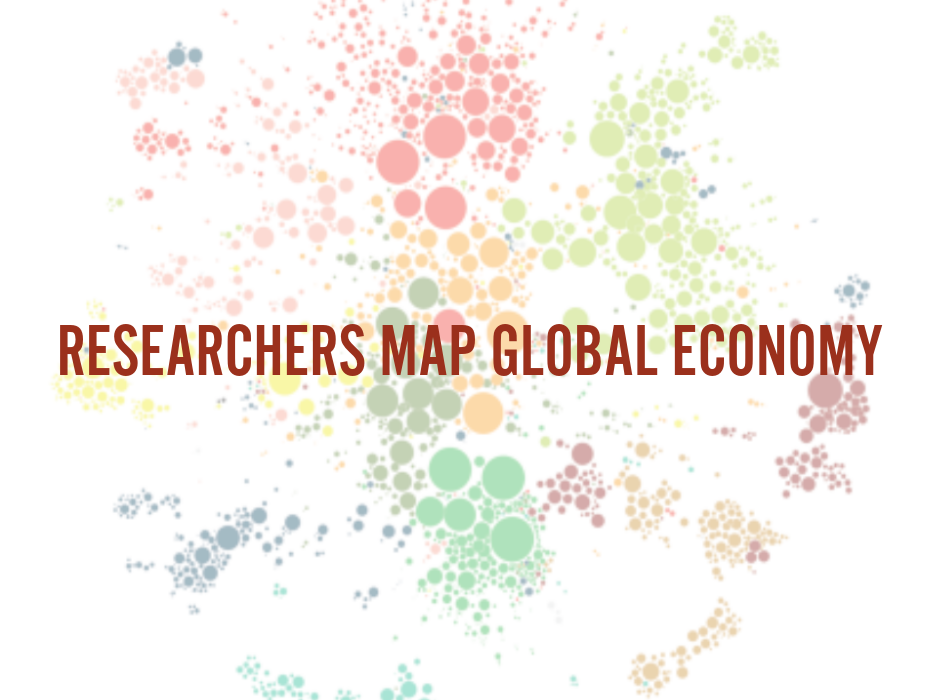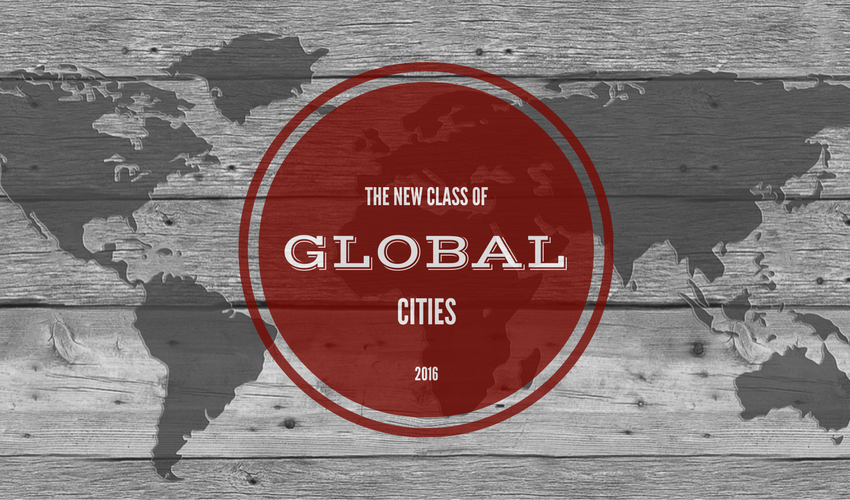CEOs Are Seeing Happy Days Ahead
PwC surveyed 5,050 CEOs in 100 countries and territories over January and February 2021 for the firm’s 24th Annual Global CEO survey. The findings? A record 76% of global business leaders predict that economic growth will improve this year.
Survey Highlights
- 57% of US CEOs plan to pursue new M&A in the next 12 months
- 63% of US CEOs plan to launch a new product or service in the next 12 months
- 77% of global CEOs are seeking operational efficiencies as a top priority over the next 12 months
- 48% of US CEOs plan to increase their investments in cybersecurity & data privacy (with 30% planning to increase investments by 10% or more)
- More than 22% of US CEOs say they’re adopting new environmental, social & governance (ESG) disclosure standards










